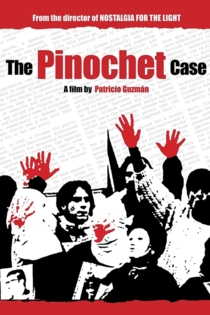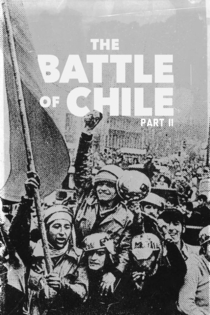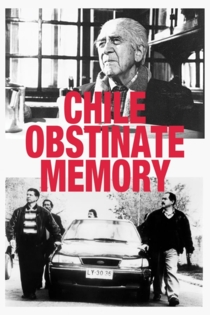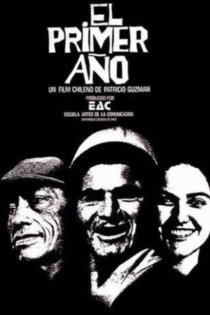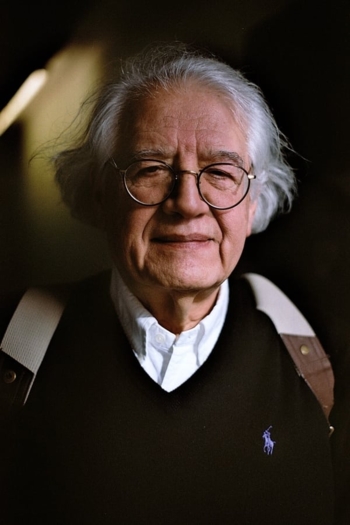
Patricio Guzmán
1941 (84 года)My Jules Verne
Patricio Guzmán
My Jules Verne, by director Patricio Guzman, presents modern-day explorers who retrace the paths of some of Jules Verne's intrepid characters. Accompany Hubert Reeves, Laurence de La Ferrière, Hubert Falco and others to the Antarctic, to the centre of the earth, under the seas and into outer space.
My Jules Verne
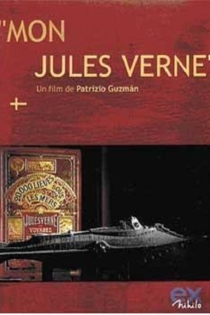
La batalla de Chile: la lucha de un pueblo sin armas, primera parte: la insurrección de la burguesía
Patricio Guzmán
Salvador Allende, Abilio Fernández
The chronicle of the political tension in Chile in 1973 and of the violent counter revolution against the democratically elected government of Salvador Allende.
The Battle of Chile: Part I
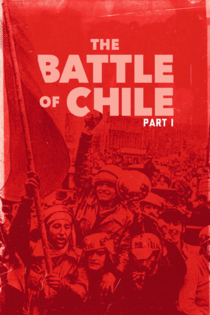
Pueblo en vilo
Patricio Guzmán
The Chilean documentary maker enters the small Mexican town of San José de Gracia, marked by its conservative spirit, following the book with which historian Luis González narrated a good part of the town's past and its strong involvement in the Cristero Wars.
Pueblo en vilo

Film, the Living Record of our Memory
Inés Toharia Terán
Ann Adachi-Tasch, Margaret Bodde
Why are we still able, today, to view images that were captured over 125 years ago? As we enter the digital age, audiovisual heritage seems to be a sure and obvious fact. However, much of cinema and our filmed history has been lost forever. Archivists, technicians and filmmakers from different parts of the world explain what audiovisual preservation is and why it is necessary. The documentary is a tribute to all these professionals and their important work.
Film, the Living Record of Our Memory
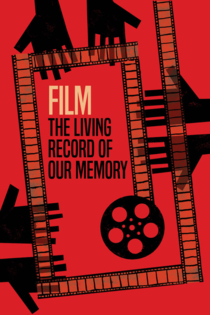
Madrid
Patricio Guzmán
A charming & meditative ode to the city of Madrid, where Guzmán studied directing & filmmaking during the 1960s, & escaped to from Chile after the military coup. Travelling through the streets of contemporary Madrid, Guzmán’s essayistic film freely draws inspiration from the landmarks, the music, the people & the culture to evoke experiences, reflections & insights in order to relate the nature of his historical & personal connection to the city..
Madrid
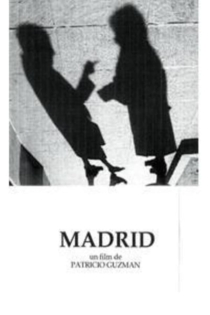
En nombre de Dios
Patricio Guzmán
Documentary that explores the role of the Chilean Catholic Church in the fight against Augusto Pinochet’s dictatorial regime, giving great emphasis to the creation of the Vicariate of Solidarity and protests against violations to human rights.
En nombre de Dios
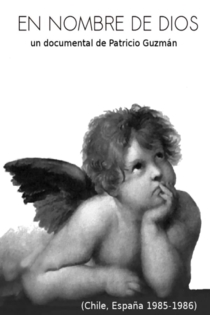
La cruz del sur
Patricio Guzmán
Rafael Cortés, Martin LaSalle
Taking as a guiding theme of religion in Latin America, the film shows the pre-Columbian myths, the arrival of the white man, later syncretism and liberation theology. The main theme is the "popular religion". In Latin America this forms a kind of religious sacred territory where millions of Indians seeking refuge. This is repeated in Brazil, where African religions are another impenetrable territory, which also functions as a stronghold, a refuge.
The Southern Cross
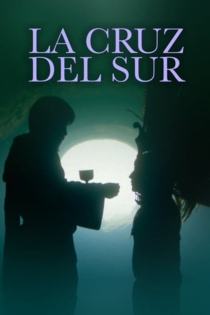
La batalla de Chile: la lucha de un pueblo sin armas, tercera parte: el poder popular
Patricio Guzmán
Abilio Fernández, Salvador Allende
Guzmán’s final instalment shifts from covering the actions of Allende’s opponents to those who battled to revive & promote their toppled leader’s vision for a new Chile.
The Battle of Chile: Part III
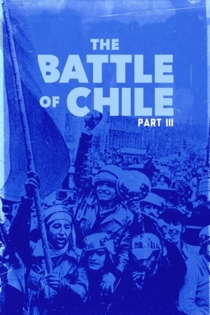
Isla de Robinson Crusoe
Patricio Guzmán
A passionate fan of Daniel Defoe’s Robinson Crusoe as a 13-year-old boy, Guzmán was delighted to find in his adult years that the story is based on actual events & a real place in the middle of the Pacific Ocean, 700 kilometres from the Chilean coast. This moves him to film & construct a kind of ironic travel journal as he sets out to rediscover the island, all the while in constant play with the fields of history, literature & imagination.
Robinson Crusoe Island

Nostalgia de la luz
Patricio Guzmán
Gaspar Galaz, Lautaro Núñez
In Chile's Atacama Desert, astronomers peer deep into the cosmos in search for answers concerning the origins of life. Nearby, a group of women sift through the sand searching for body parts of loved ones, dumped unceremoniously by Pinochet's regime.
Nostalgia for the Light
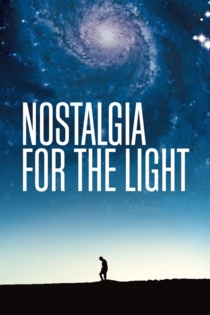
Salvador Allende
Patricio Guzmán
Patricio Guzmán, Salvador Allende
A leftist revolutionary or a reformist democrat? A committed Marxist or a constitutionalist politician? An ethical and moral man or, as Richard Nixon called him, a "son of a bitch"? In SALVADOR ALLENDE, acclaimed Chilean filmmaker Patricio Guzmán (The Battle of Chile and Chile, Obstinate Memory) returns to his native country thirty years after the 1973 military coup that overthrew Chile's Popular Unity government to examine the life of its leader, Salvador Allende, both as a politician and a man.
Salvador Allende
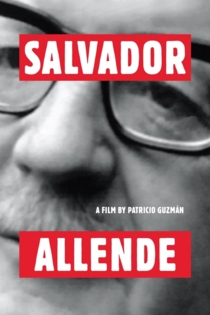
El botón de nácar
Patricio Guzmán
Patricio Guzmán, Raúl Zurita
The ocean contains the history of all humanity. The sea holds all the voices of the earth and those that come from outer space. Water receives impetus from the stars and transmits it to living creatures. Water, the longest border in Chile, also holds the secret of two mysterious buttons which were found on its ocean floor. Chile, with its 2,670 miles of coastline and the largest archipelago in the world, presents a supernatural landscape. In it are volcanoes, mountains and glaciers. In it are the voices of the Patagonian Indigenous people, the first English sailors and also those of its political prisoners. Some say that water has memory. This film shows that it also has a voice.
The Pearl Button
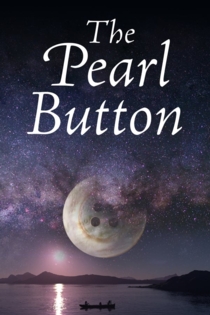
Le cas Pinochet
Patricio Guzmán
Augusto Pinochet, Margaret Thatcher
True story of the saga that was hoped to be the long-awaited justice brought to bear upon Augosto Pinochet, Chilean dictator from 1973 to 1990. In September 1998, Pinochet flew to London on a pleasure trip but experienced back pain and underwent an operation in the London Clinic. Upon waking, he was arrested by Scotland Yard. Could it be that this was to become the first Latin American dictator to answer for crimes while serving as Head of State? After 500 days of house arrest, he nevertheless eventually returned unscathed to Chile, despite the compelling case built against him before & during this period by a young Spanish prosecutor, Carlos Castresana.
The Pinochet Case
